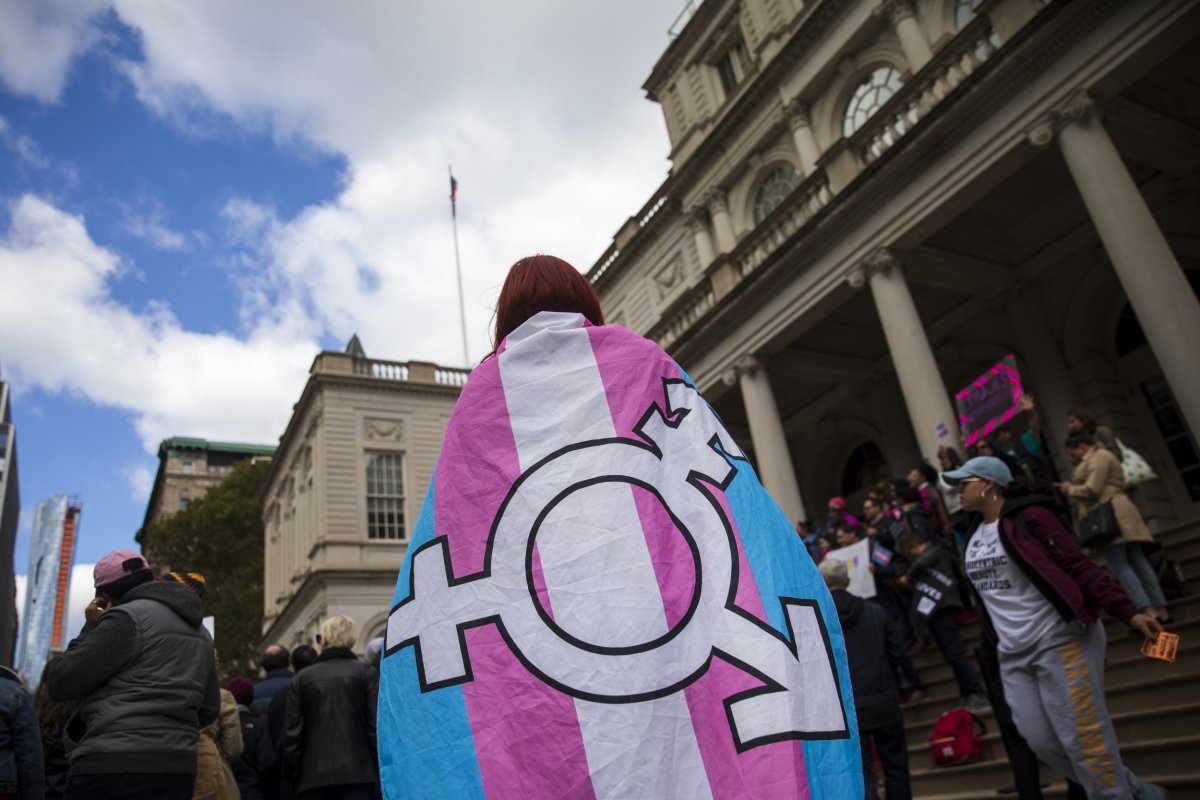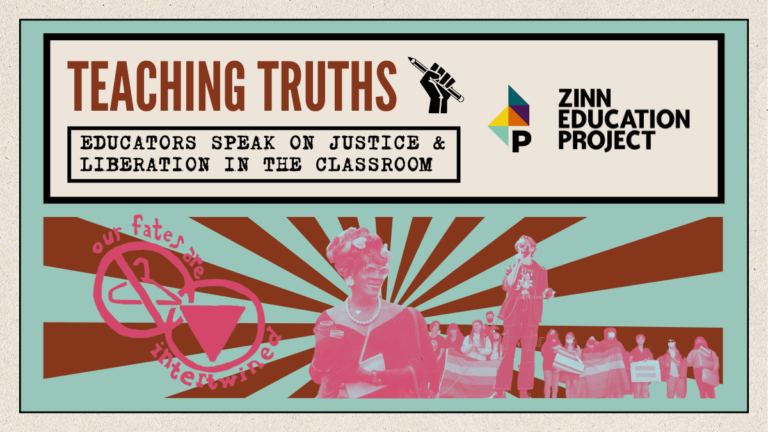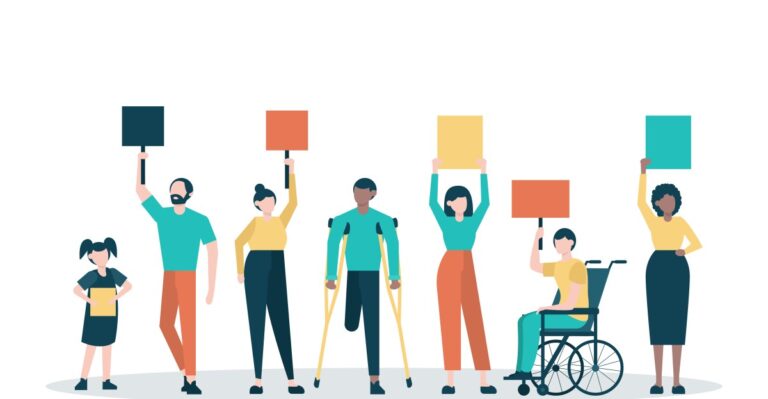Liberty University Faces Lawsuit Over Transgender Discrimination Claims
Liberty University Sued for Transgender Discrimination
In recent headlines, Liberty University, a prominent evangelical institution, finds itself at the center of a legal storm involving serious allegations of discrimination against a transgender student. This lawsuit highlights significant issues related to LGBTQ+ rights, institutional policy, and the impact of discrimination on individuals seeking education and acceptance within the community. But how did we get to this point, and what does it mean for universities and their policies going forward? In this article, we’ll explore the ins and outs of this lawsuit, its implications, and the broader context surrounding these issues.
Understanding Liberty University’s Background
Founded in 1971 by Jerry Falwell, Liberty University is known for its conservative Christian principles. It has built a reputation on a commitment to biblical tenets and a staunch opposition to what they deem “unbiblical” behaviors. Their code of conduct reflects a lifestyle strictly aligned with traditional Christian values, which includes discouraging same-sex relationships and identifying as transgender.
However, this adherence to conservative values has led to friction with modern interpretations of civil rights and personal identity. University policies are grounded in their religious beliefs, which raises the question: how far can faith-based institutions go in limiting the rights of their students?
The Lawsuit: A Brief Overview
A transgender woman, who we’ll refer to as Jane for anonymity, is the plaintiff in this lawsuit against Liberty University. According to Jane, after undergoing gender transition, she faced significant discrimination from students and faculty alike. She alleges that the university denied her access to facilities consistent with her gender identity, including bathrooms and dormitory accommodations.
Specific Allegations
In the lawsuit, Jane brings forth several key accusations:
- Denial of Access: Jane claims she was denied access to women’s restrooms and locker rooms.
- Hostile Environment: The lawsuit argues that Jane experienced a hostile environment, exacerbated by negative interactions with faculty and fellow students.
- Failure to Accommodate: The university allegedly failed to make reasonable accommodations that align with her identity.
These allegations point to a troubling trend within institutions that challenge the existing legal framework surrounding discrimination based on gender identity.
The Legal Landscape: Understanding Discrimination Laws
The legal framework that governs issues of discrimination and gender identity is complex and often varies by state. Federal protections under Title IX and Title VII have been pivotal in ensuring rights for individuals regardless of gender identity and expression. However, interpretations of these laws can differ, and many institutions may find loopholes or exemptions that allow them to operate under more conservative stances.
Key Legal Considerations:
- Title IX: Originally designed to prevent discrimination based on sex in educational settings, it has expanded in recent interpretations to include gender identity.
- Title VII: This protects individuals from employment discrimination—including discrimination based on sexual orientation and gender identity.
In recent years, several landmark cases have paved the way for increased recognition of transgender rights, but the struggle for equality continues.
The Cultural Context: Changing Perspectives
While the legal landscape is important, it’s also crucial to consider the cultural context surrounding these issues. In recent years, there has been a growing acknowledgment and acceptance of transgender identity, particularly among younger generations. The push for equality is not just legal; it’s also personal and societal.
Attitudinal Shifts
- Younger Generations: Younger people today are generally more accepting of diverse gender identities and sexual orientations. This shift can often clash with traditional institutions that cling to outdated perspectives.
- Increased Visibility: Media representation of transgender people and issues has opened a dialogue on what it means to be transgender, encouraging acceptance and understanding.
Despite these positive shifts, institutions like Liberty University may still struggle to adapt, creating friction between their principles and societal demands for inclusion.
The Impact on Students
For students like Jane, the impact of such discrimination can be profound. Imagine entering a university where you hope to grow, learn, and explore your identity, only to be met with hostility and exclusion. It’s not just about bathrooms or housing—it’s about feeling valued, respected, and safe.
Mental Health Matters
The psychological implications of discrimination cannot be underestimated. Studies have shown that transgender individuals experience higher rates of mental health issues, including anxiety and depression, largely driven by societal rejection and discrimination. The struggle for acceptance can lead to feelings of isolation, and unfortunately, academic performance often suffers as a result.
The Potential Outcomes of the Lawsuit
So, what happens next? This lawsuit could lead to several outcomes that may affect not only Jane but also countless other students in similar situations:
-
Policy Changes: If the court finds Liberty University liable for discrimination, it could force a reevaluation of policies regarding gender identity.
-
Precedent-Setting Case: Depending on the ruling, this case could set a legal precedent for how many faith-based institutions handle transgender issues moving forward.
-
Increased Awareness: The publicity surrounding the lawsuit may lead to enhanced awareness and discussion about LGBTQ+ rights in educational contexts.
Possible Legal Resolutions
- Settlements: It’s possible that the university may seek to settle out of court, which could quietly resolve the issues without establishing legal precedent.
- Trial Rulings: If the case goes to trial, a ruling in favor of Jane could empower other students facing similar discrimination to come forward.
The Road Ahead for Liberty University
The outcome of this lawsuit is just one piece in a larger puzzle of evolving public consciousness regarding LGBTQ+ rights and religious freedom. For Liberty University, the backlash from the lawsuit may compel a rethinking of their policies. Adapting to this changing landscape while maintaining their religious convictions will be a challenging feat.
Possible Reforms
- Policy Reassessment: Reexamining their code of conduct to align with legal standards around discrimination could lead to more inclusive policies.
- Educational Programs: Implementing training programs to educate faculty and students about gender identity may foster a more accepting environment.
Conclusion
The lawsuit against Liberty University over claims of transgender discrimination brings to the forefront critical issues of rights, acceptance, and institutional policy. As society grapples with evolving views on gender identity and equality, cases like Jane’s highlight the urgent need for change. The university now faces a pivotal moment in its history—one that could redefine its approach to inclusivity and its commitment to the values of the broader society.
FAQs
1. What prompted the lawsuit against Liberty University?
The lawsuit stems from claims by a transgender student who alleges discrimination regarding access to bathrooms and a hostile environment.
2. What are Title IX and Title VII?
Title IX prohibits discrimination based on gender in educational settings, while Title VII protects against employment discrimination based on sex, including gender identity.
3. How has society’s view on transgender issues changed?
Societal acceptance has grown, particularly among younger generations, largely due to increased media representation and visibility.
4. What could be the potential impact of this lawsuit on other institutions?
This case could set a legal precedent for how faith-based and other institutions handle gender identity issues, prompting reassessments of policies and practices.
5. What might Liberty University do in response to the lawsuit?
The university may opt for settlements, reassess their policies, or implement educational programs to foster greater understanding and inclusivity.







